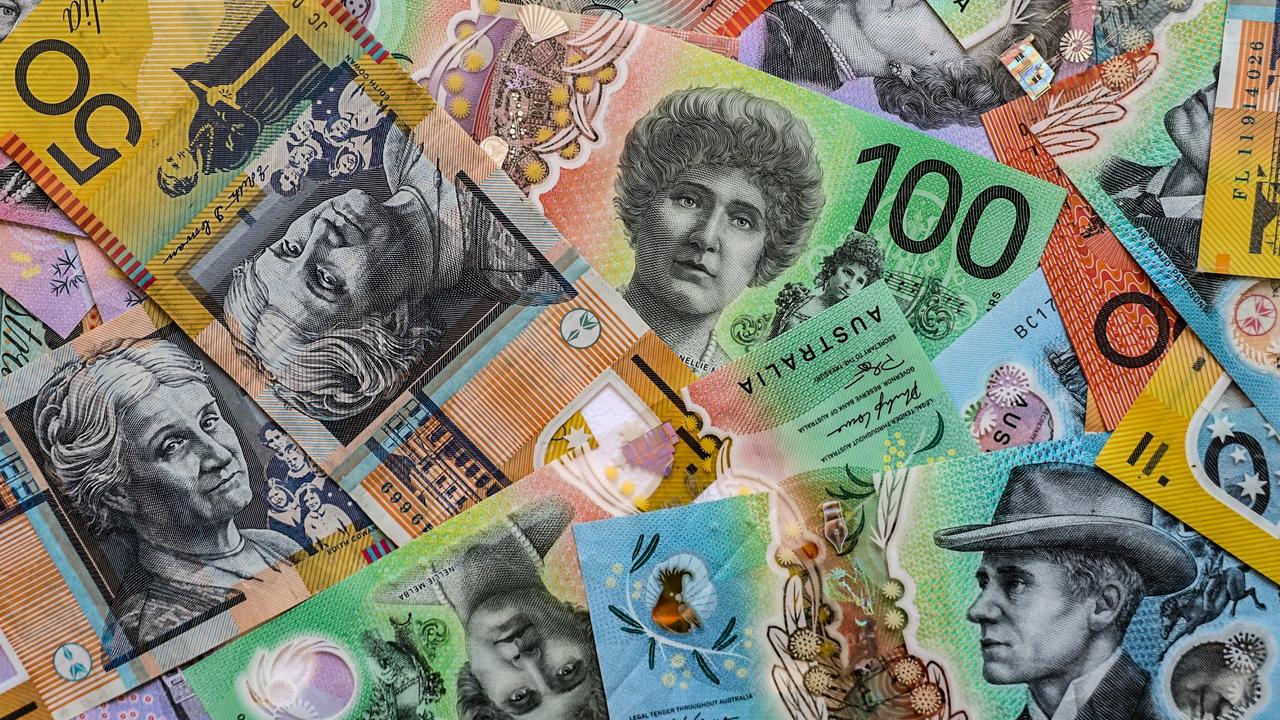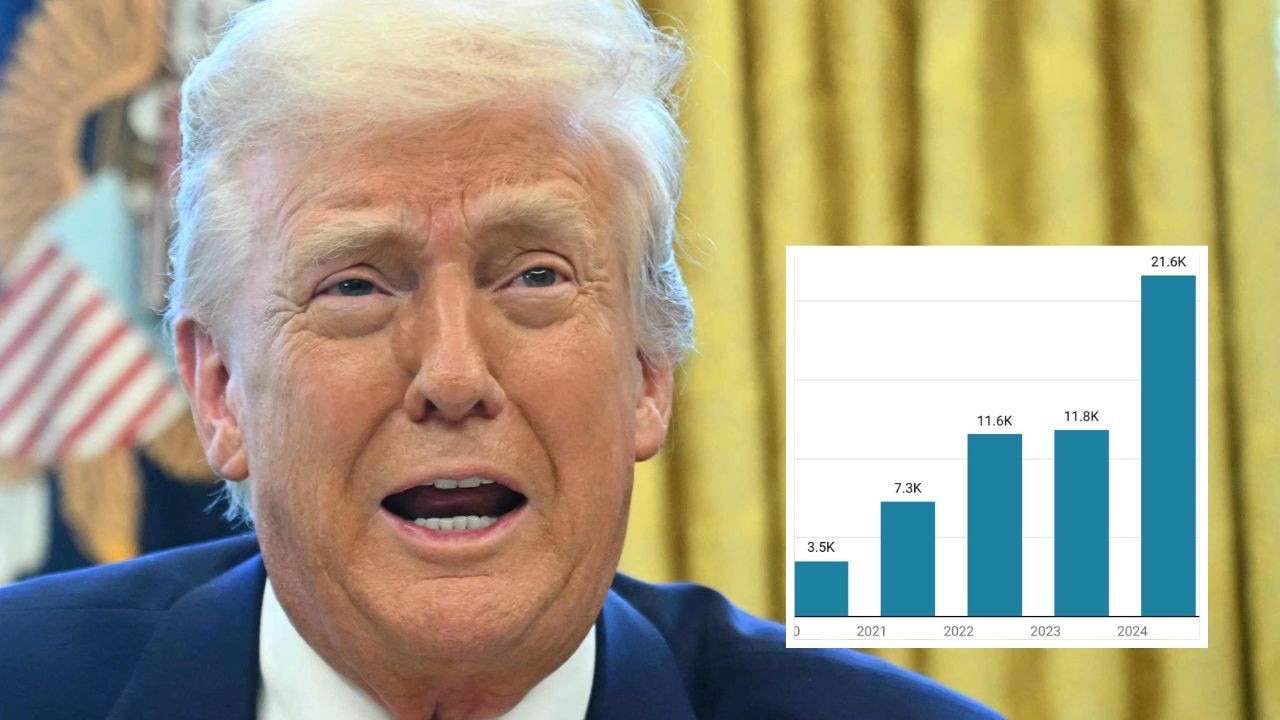ATO warns you could face fines if you access your super early
The tax office has warned that scores of taxpayers could soon be hit with audits and even financial penalties due to one big mistake.

Thousands of Aussies who rushed to access their superannuation early could soon be slugged with an audit – or worse – as the tax office cracks down on false claims.
Under the government’s Super Early Release Scheme introduced in the wake of the coronavirus-fuelled economic crisis, eligible Aussies were able to grab $10,000 from their super last financial year and a further $10,000 in 2020-21, with applications being accepted through Australian Taxation Office online services in myGov.
But the scheme proved to be controversial, with critics arguing it should be a “last resort” only and that accessing cash now would have dire long-term consequences for retirement nest eggs.
Last Friday, Industry Super Australia (ISA) estimated about 480,000 Australians had likely cleared out their super funds by June 14, and about 395,000 of these were under the age of 35.
And last month, Australian Prudential Regulation Authority figures revealed $14.8 billion had already been withdrawn, with 2.12 million applications lodged with the tax office.
The mad rush to access the scheme prompted fears many Australians were taking advantage of it in order to get their hands on their cash without experiencing financial hardship, with several taxpayers who had already accessed their superannuation previously telling news.com.au it was alarmingly easy to apply with no upfront proof needed.
RELATED: Aussies to get big tax cuts early
RELATED: How much you will save from tax cuts
Now, the Australian Taxation Office has warned of potentially serious repercussions for incorrect applications.
“The ERS program is based on individuals making correct declarations to the ATO … applicants need to ensure that they meet the eligibility criteria,” an ATO spokesman told news.com.au.
“In some instances, applications will be declined where the applicant does not meet certain eligibility criteria (such as submitting a second application in the same income year) or if a risk of fraud is detected.
“If an applicant is unable to demonstrate their eligibility when asked for evidence an application may be revoked. This means amounts paid to under COVID-19 early release of superannuation will become assessable income and need to be included in your tax return and you will pay tax on the released amount.
“In addition, financial penalties may apply in the most serious cases.”

The spokesman said it would be “much better” for taxpayers who believe they may have made an error to make a voluntary disclosure instead of waiting to be audited.
“If in doubt on how to proceed, the ATO recommends seeking the advice of a tax professional. The ATO will help to remedy their position,” the spokesman said.
To be eligible for the ERS program, a citizen or permanent resident of Australia and New Zealand must require the cash as a result of “adverse economic effects” caused by COVID-19, according to the ATO website.
On top of that, you must either be unemployed, receiving government benefits such as JobSeeker or Youth Allowance or have been made redundant or had your work hours slashed by 20 per cent or more on or after January 1 this year.
While you don’t have to provide evidence at the time of applying, you must keep records and documents to confirm your eligibility if required, such as pay slips, letters, emails or rosters from your employer, bank statements, business cash flow and turnover records, a website or other public notice confirming your business closed or documents confirming eligibility for relevant government allowances or benefits.
You can only submit one application for COVID-19 early release of super this financial year.
If you’re eligible and want to access COVID-19 early release of super in the 2020–21 financial year, you need to submit an application between July 1 and September 24 – even if you have applied in 2019–20.
You can apply for COVID-19 early release of super even if you have previously accessed your super early in other circumstances.




